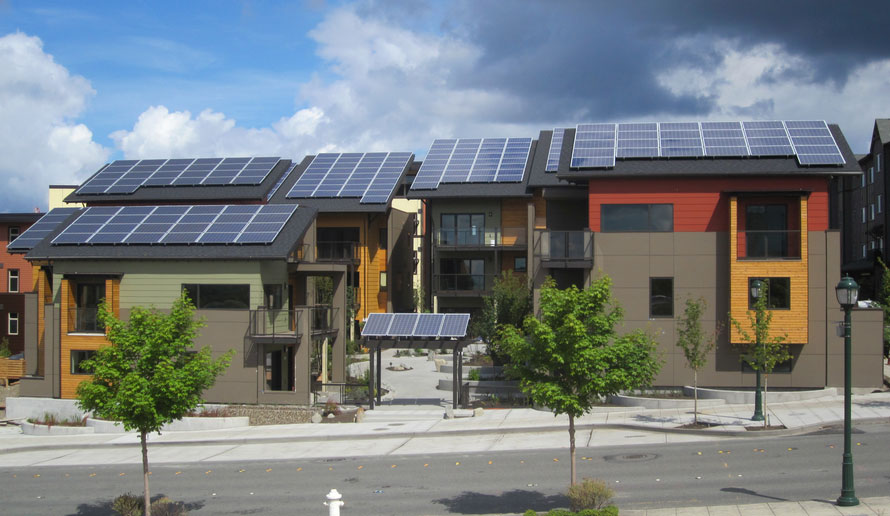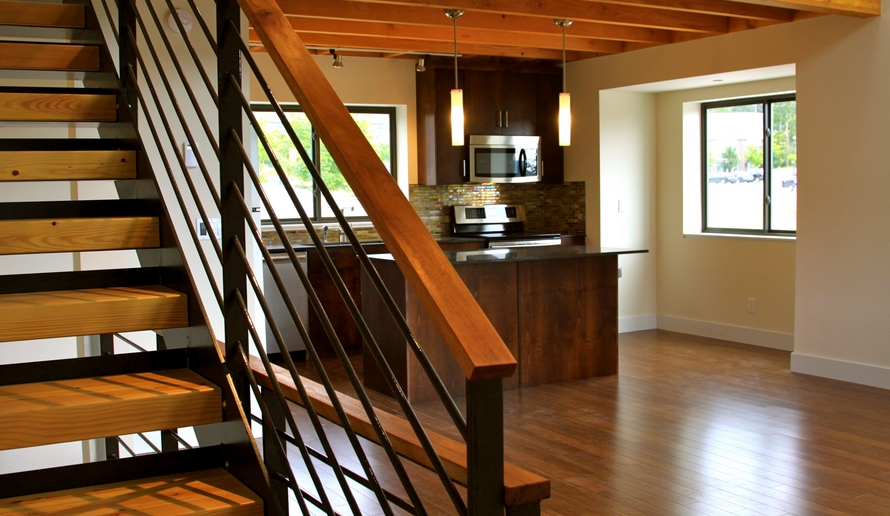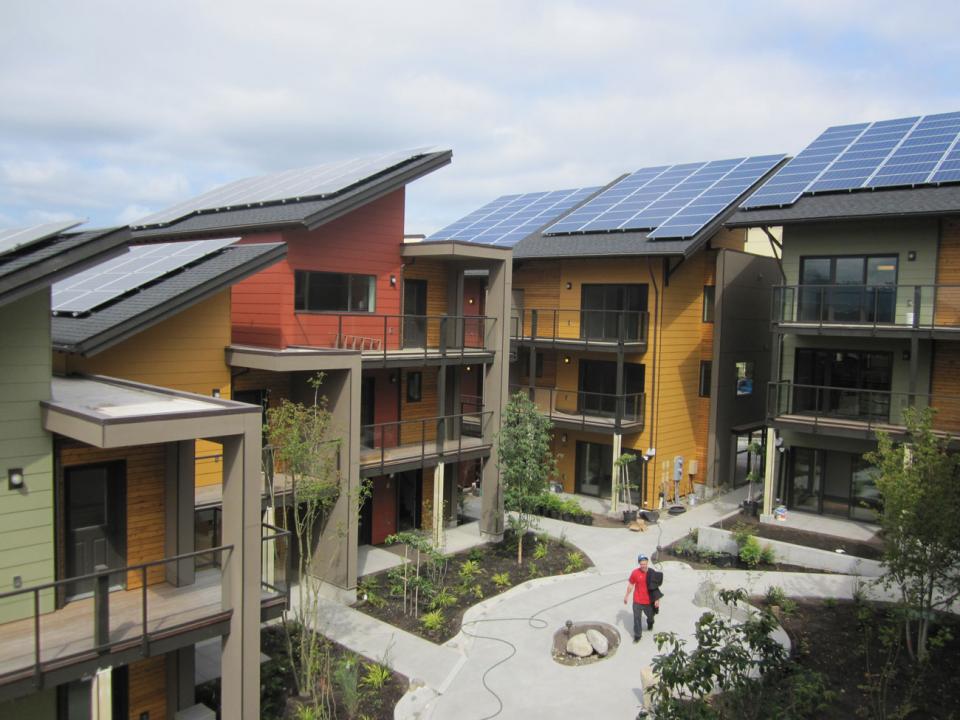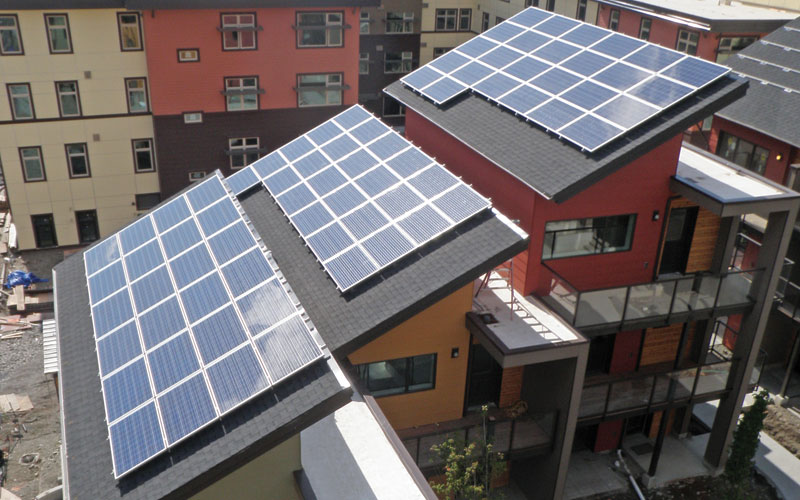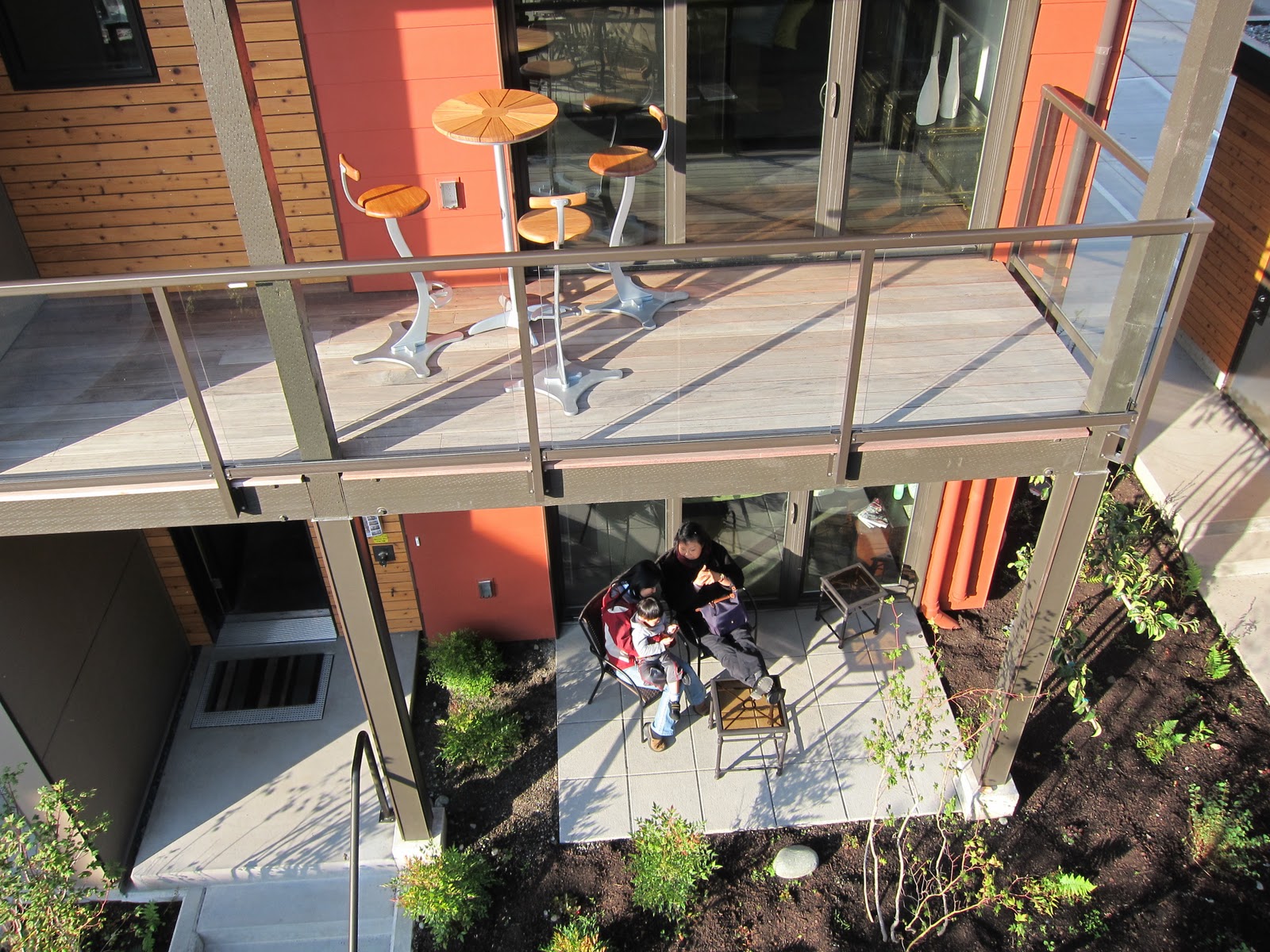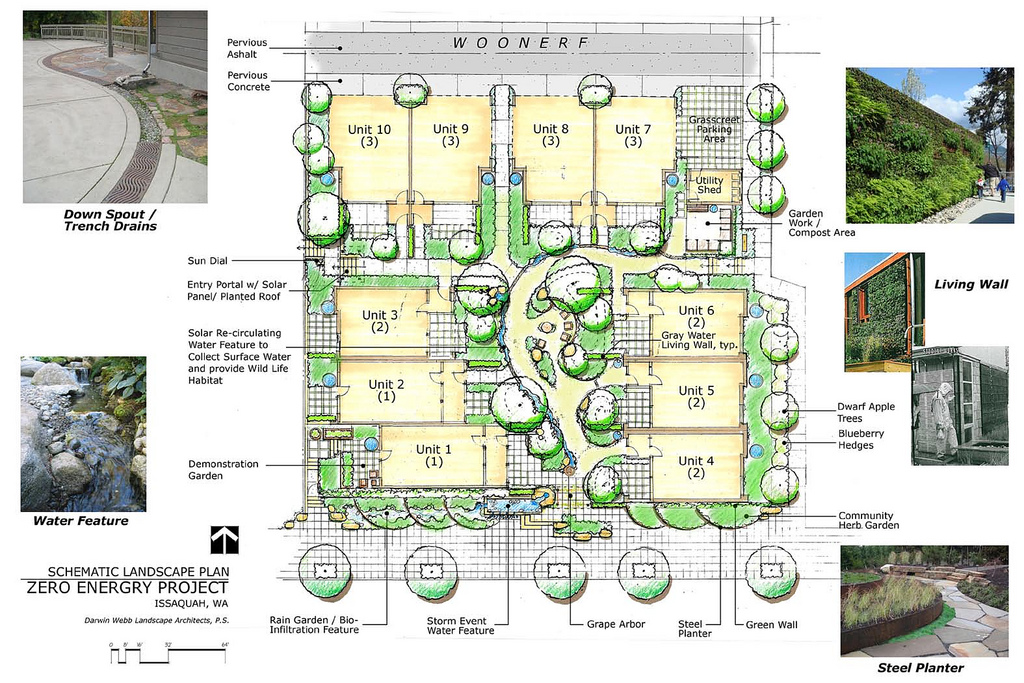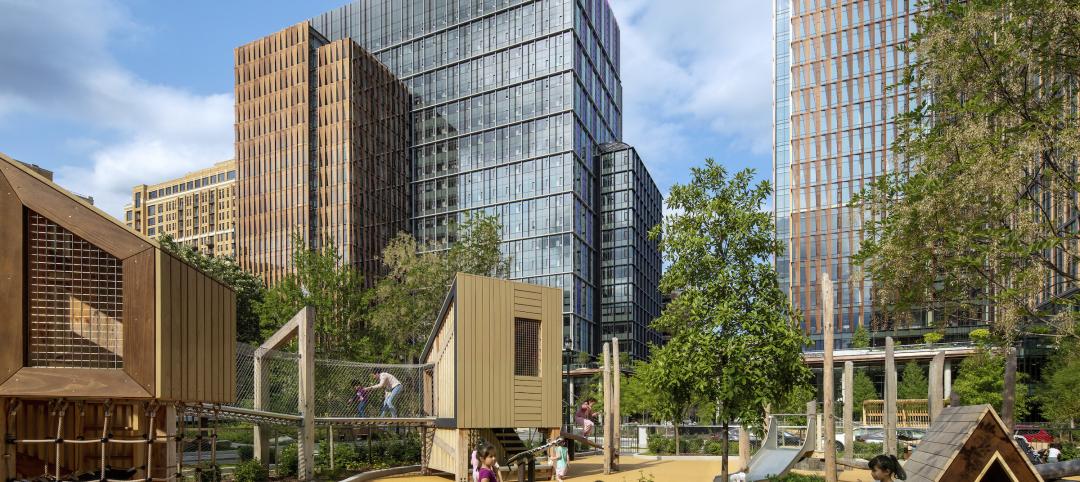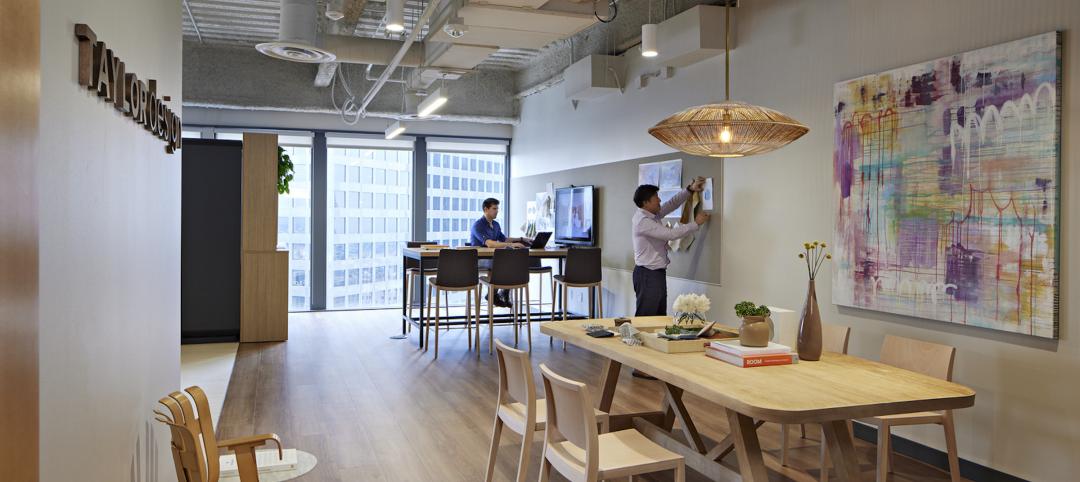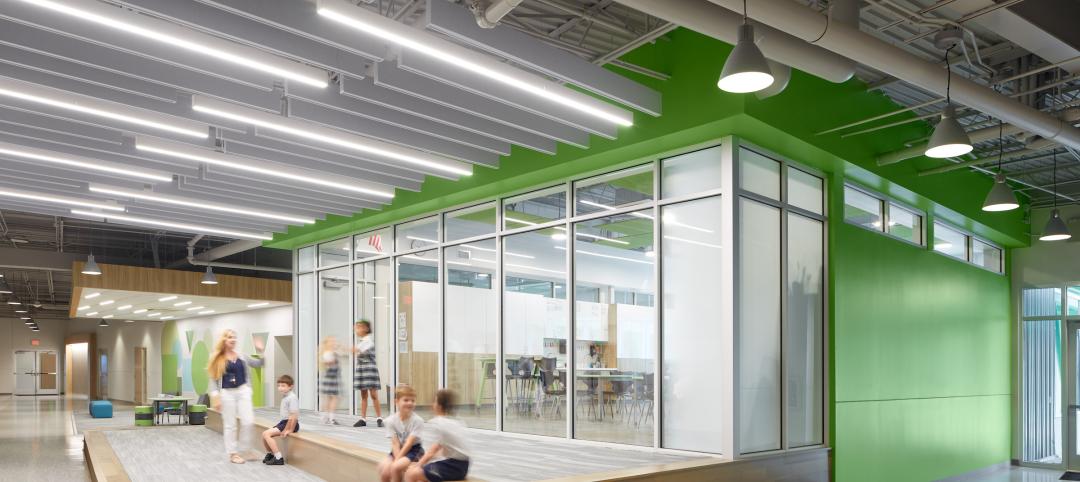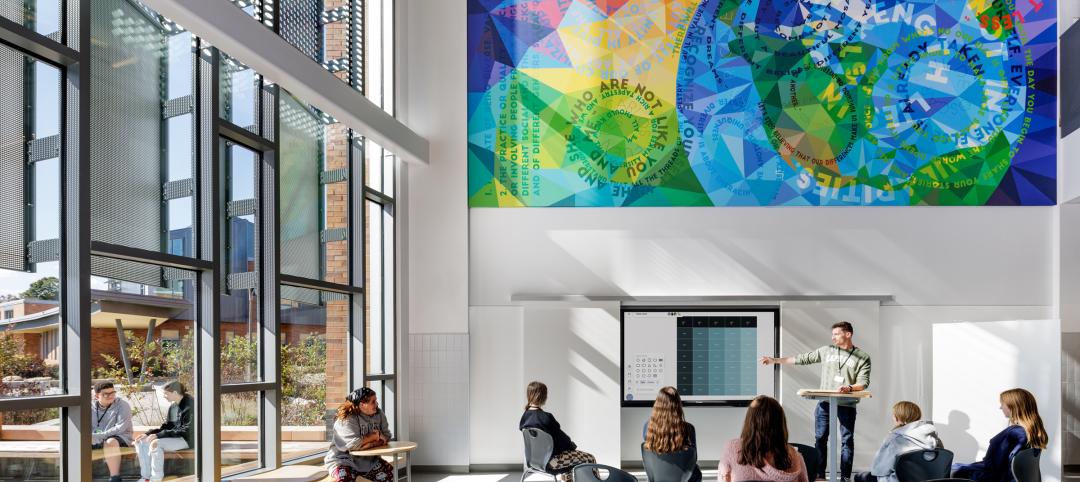Multifamily developers are bullish on the sector, with FMI’s Construction Outlook Report predicting 25% growth next year on top of this year’s blistering 36% pace. From a sustainability standpoint, much of the most interesting work is clustered at the ends of the bell curve, in both the luxury and affordable categories.
A singular high-end example is the zHome project, a 10-unit attached townhouse development in Issaquah Highlands, Wash. Designed by David Vandervort Architects, zHome is the nation’s first net-zero multifamily project, as certified this year by the International Living Future Institute. The property also achieved Living Building Challenge Petal Recognition in the Energy, Equity, and Beauty categories, and has earned the WaterSense for New Homes label (another first for the sector).
Though not “luxury” per se, the contemporary one-, two-, and three-bedroom units launched at relatively high prices for the market, topping out at $625,000. Nevertheless the homes, which range from 800 to 1,750 sf, have all been sold, except one unit reserved as a Stewardship Center for educational outreach.
The zHome dream survived a rocky history, including the 2008 economic crash and a succession of three contractors. Ultimately built by Howland Homes and Ichijo USA in collaboration with the City of Issaquah, the project includes super-insulated envelope technology, ground-source heating, and generous deployment of PV, which covers large, south-facing roof planes.
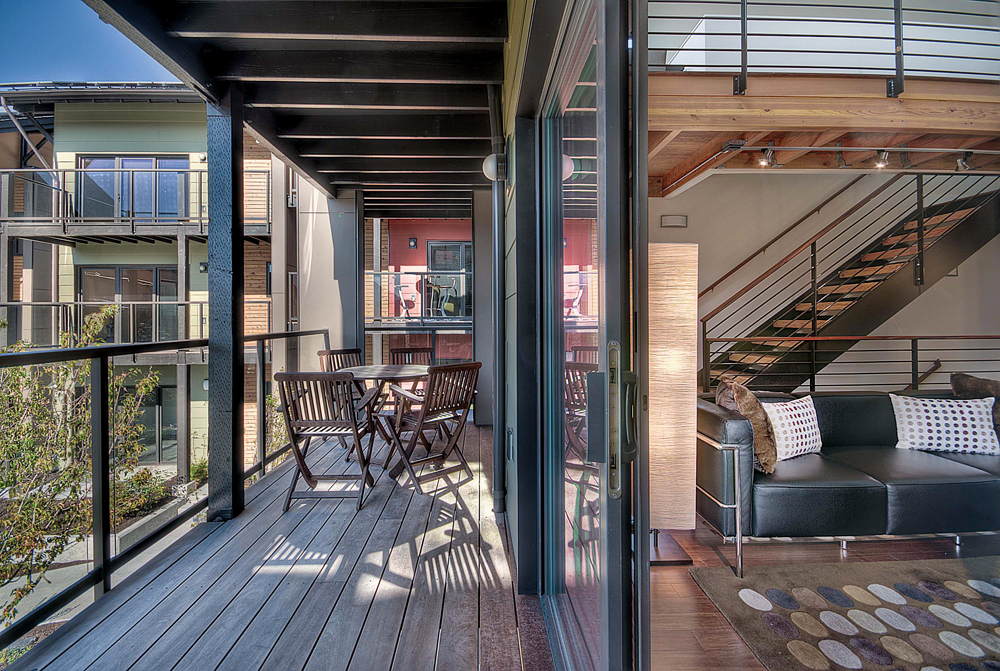
PHOTO: AARON OSTROWSKY
Water strategies should cut average usage by at least 60% through a combination of drought-tolerant landscaping, high-efficiency plumbing and laundry equipment, and use of cistern-stored rainwater for toilet flushing and clothes washing.
Brad Liljequist—zHome’s project manager, now a Technical Director for the International Living Future Institute—spread the net-zero gospel in a series of blogs for Dwell magazine. He lists micro heat pumps, better industrial design (for instance, more beautiful wall-mounted heating/cooling units), safer building materials, and deep green retrofits as priorities for further progress in the sector.
“We are undergoing a revolution in building performance, driven mainly from a grassroots, local, and regional community,” he said. “We can change, fundamentally and quickly.”
Related Stories
Office Buildings | Nov 2, 2023
Amazon’s second headquarters completes its first buildings: a pair of 22-story towers
Amazon has completed construction of the first two buildings of its second headquarters, located in Arlington, Va. The all-electric structures, featuring low carbon concrete and mass timber, help further the company’s commitment to achieving net zero carbon emissions by 2040 and 100% renewable energy consumption by 2030. Designed by ZGF Architects, the two 22-story buildings are on track to become the largest LEED v4 Platinum buildings in the U.S.
Sustainability | Nov 1, 2023
Researchers create building air leakage detection system using a camera in real time
Researchers at the U.S. Department of Energy’s Oak Ridge National Laboratory have developed a system that uses a camera to detect air leakage from buildings in real time.
Adaptive Reuse | Nov 1, 2023
Biden Administration reveals plan to spur more office-to-residential conversions
The Biden Administration recently announced plans to encourage more office buildings to be converted to residential use. The plan includes using federal money to lend to developers for conversion projects and selling government property that is suitable for conversions.
Sustainability | Nov 1, 2023
Tool identifies financial incentives for decarbonizing heavy industry, transportation projects
Rocky Mountain Institute (RMI) has released a tool to identify financial incentives to help developers, industrial companies, and investors find financial incentives for heavy industry and transport projects.
Contractors | Nov 1, 2023
Nonresidential construction spending increases for the 16th straight month, in September 2023
National nonresidential construction spending increased 0.3% in September, according to an Associated Builders and Contractors analysis of data published today by the U.S. Census Bureau. On a seasonally adjusted annualized basis, nonresidential spending totaled $1.1 trillion.
Sponsored | MFPRO+ Course | Oct 30, 2023
For the Multifamily Sector, Product Innovations Boost Design and Construction Success
This course covers emerging trends in exterior design and products/systems selection in the low- and mid-rise market-rate and luxury multifamily rental market. Topics include facade design, cladding material trends, fenestration trends/innovations, indoor/outdoor connection, and rooftop spaces.
Office Buildings | Oct 30, 2023
Find Your 30: Creating a unique sense of place in the workplace while emphasizing brand identity
Finding Your 30 gives each office a sense of autonomy, and it allows for bigger and broader concepts that emphasize distinctive cultural, historic or other similar attributes.
Giants 400 | Oct 30, 2023
Top 170 K-12 School Architecture Firms for 2023
PBK Architects, Huckabee, DLR Group, VLK Architects, and Stantec top BD+C's ranking of the nation's largest K-12 school building architecture and architecture/engineering (AE) firms for 2023, as reported in Building Design+Construction's 2023 Giants 400 Report.
Giants 400 | Oct 30, 2023
Top 100 K-12 School Construction Firms for 2023
CORE Construction, Gilbane, Balfour Beatty, Skanska USA, and Adolfson & Peterson top BD+C's ranking of the nation's largest K-12 school building contractors and construction management (CM) firms for 2023, as reported in Building Design+Construction's 2023 Giants 400 Report.
Giants 400 | Oct 30, 2023
Top 80 K-12 School Engineering Firms for 2023
AECOM, CMTA, Jacobs, WSP, and IMEG head BD+C's ranking of the nation's largest K-12 school building engineering and engineering/architecture (EA) firms for 2023, as reported in Building Design+Construction's 2023 Giants 400 Report.


